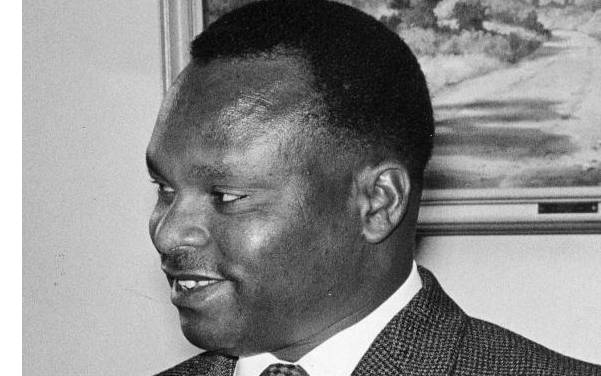
He will mostly be remembered as one of the pioneers of Kenya’s Second Liberation when, together with Kenneth Matiba, they dared where nobody did.
It was eight years since Kenya had become a one-party state by law in June 1982. The Nyayo regime was in its element, keeping dissent to the essential minimum, ensuring that every head remained under the water. Anyone with misgivings about the government could only say so in whispers, in the relative safety of their homes. You raised your head above the waters at your own greatest risk.







